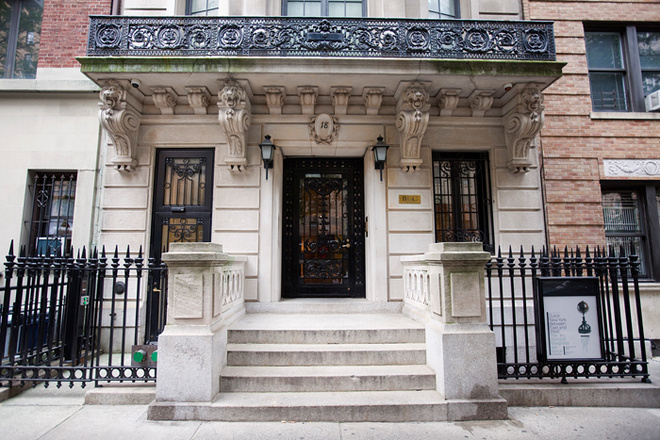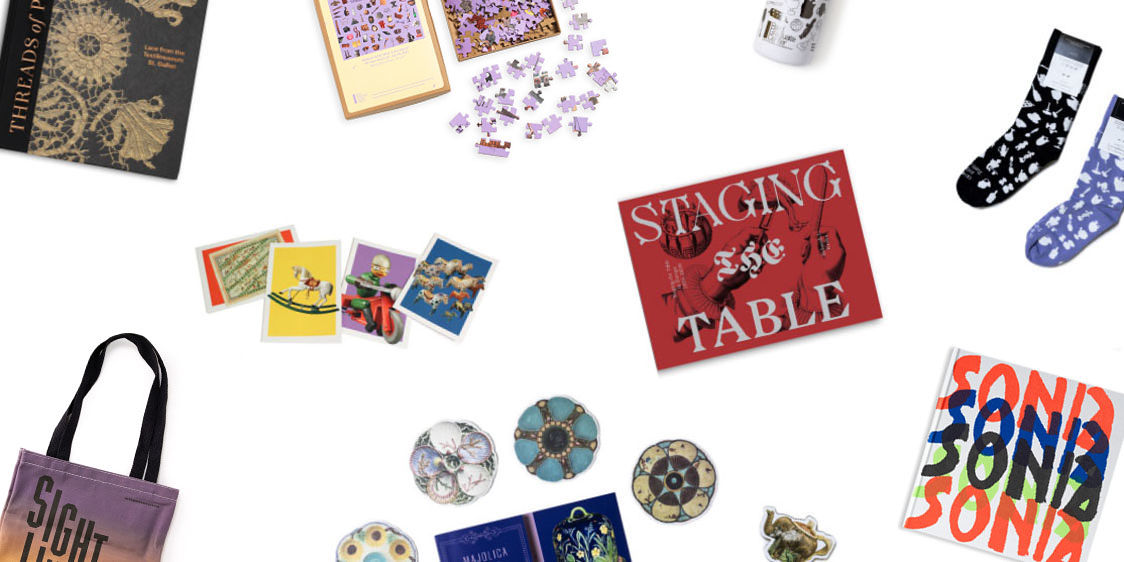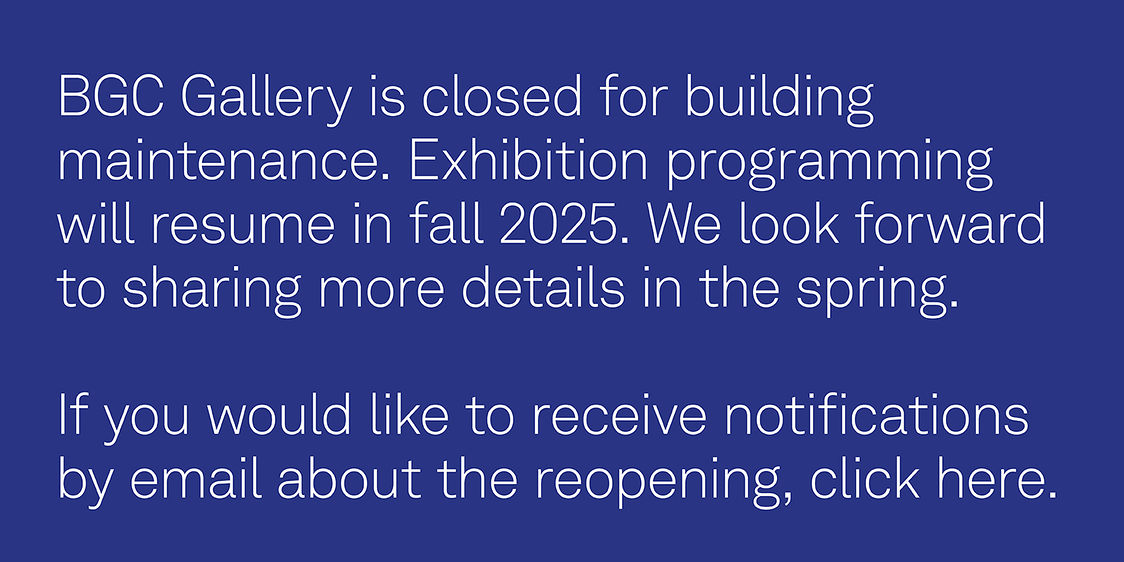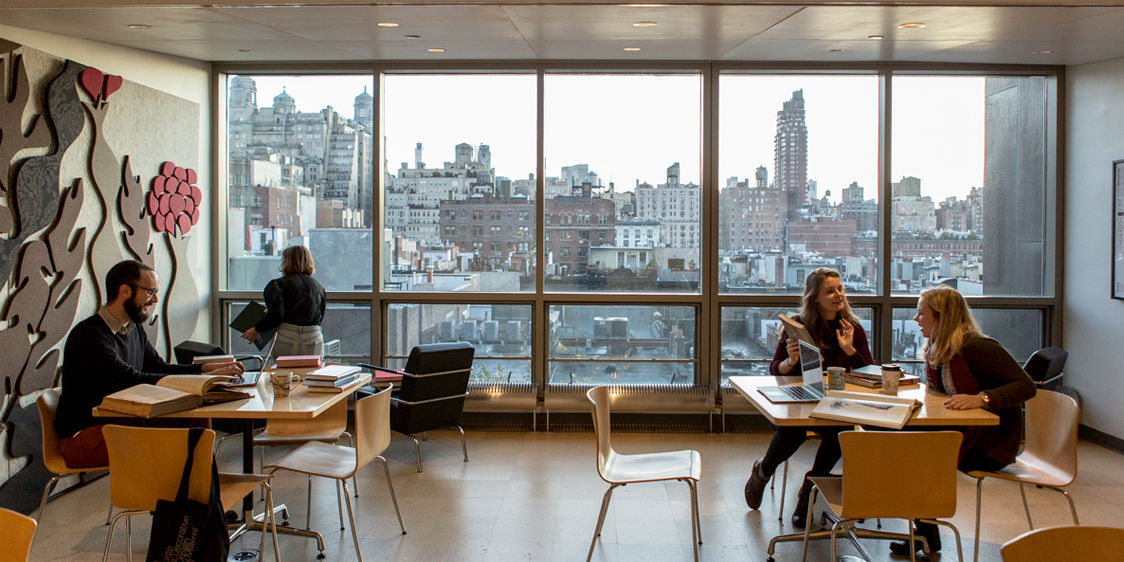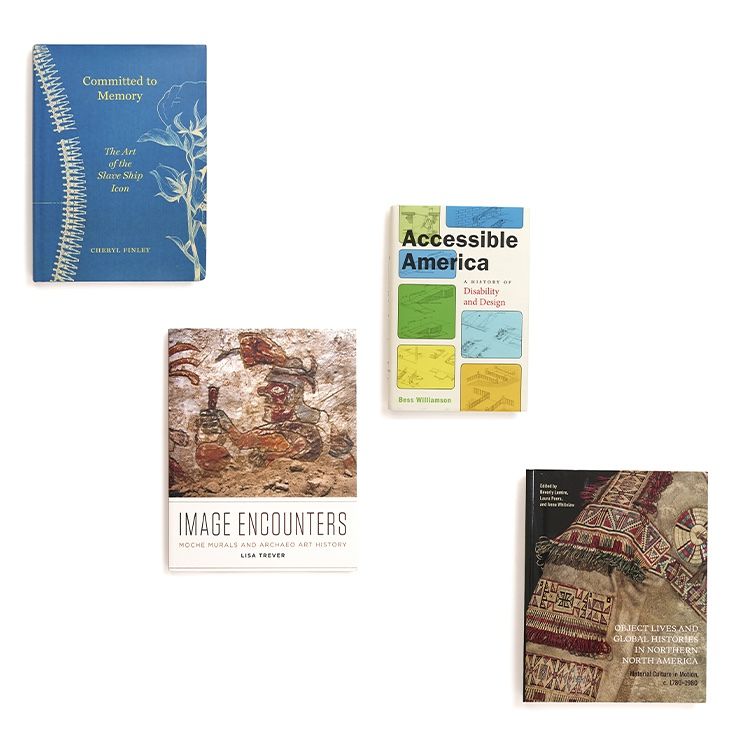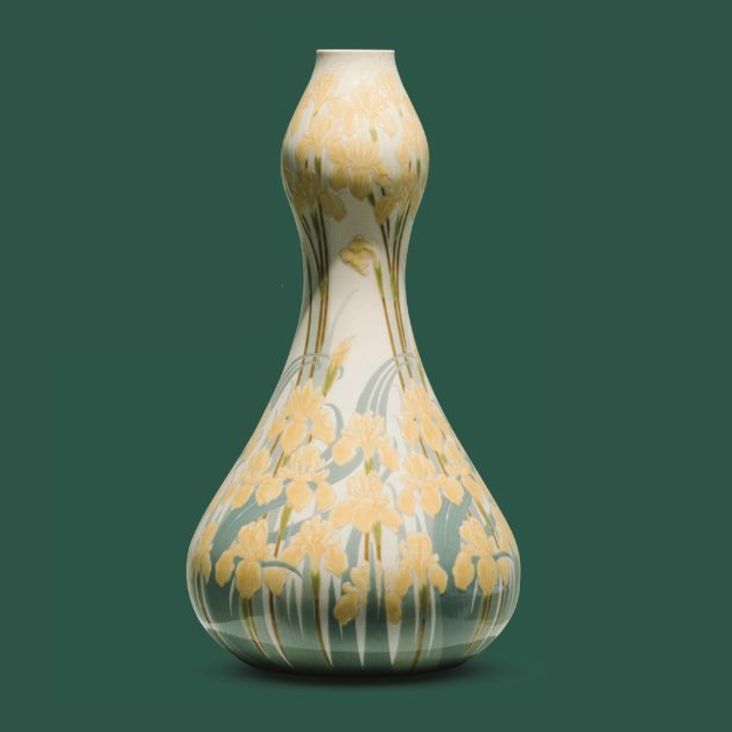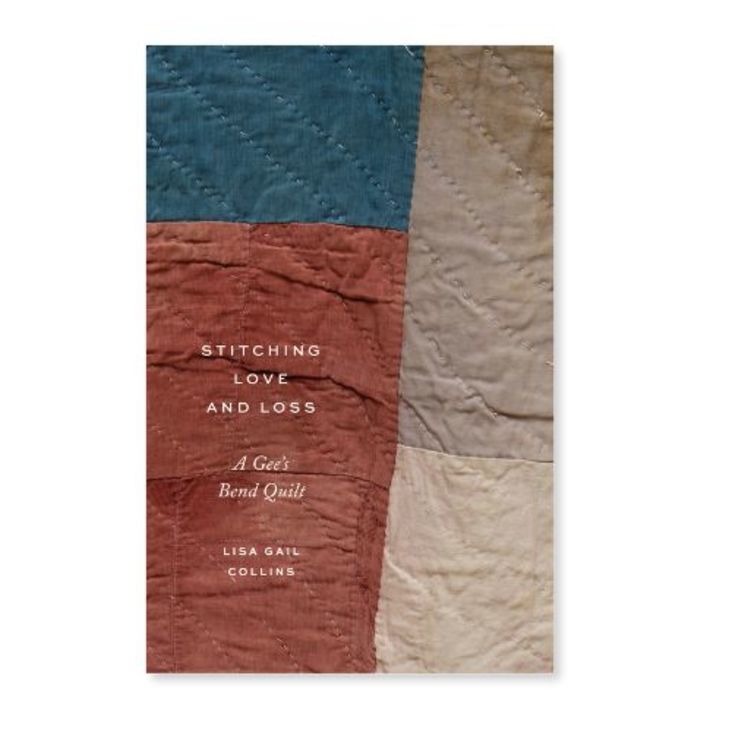With the support of donors to Bard Graduate Center’s Quarter Century Campaign, BGC recently extended an additional year of funding to eight doctoral candidates whose research has been interrupted by COVID-19. BGC’s object-oriented focus forms the backbone of our students’ research and dissertations, and this requires in-person analysis of objects and rare archival material. Pandemic-related closures of archives, museums, libraries, and exhibition spaces have made this kind of analysis impossible, forcing our PhD candidates to delay completion of their dissertations.
Leonie Treier, a BGC PhD candidate from Berlin, is writing her dissertation, “Reassembling George Catlin’s Indian Gallery” focusing on the previously neglected Native American items the American painter Catlin (1796–1872) collected and altered for exhibition purposes. She received a Smithsonian Institution Predoctoral Fellowship to conduct her research in the Department of Anthropology at the National Museum of Natural History.
Treier said, “COVID has just delayed all of my research. I had spent time in DC in 2019 through the Summer Institute in Museum Anthropology, and I changed my dissertation topic based on what I learned about George Catlin that summer. The majority of archival materials on Catlin are in various Smithsonian institutions, so all of my research is situated in DC. Everything depends on me being able to spend more time there.”
She continued, “I anticipated starting my fellowship in DC in November 2020. But the Smithsonian was closed, and the start date kept being pushed back. Since I couldn’t start researching, I had to rely on books. I have been doing what I can, but it feels more like puzzle work, you know, where you do little pieces, and you don’t even know if everything’s going to fit together in the end. Because I was constantly anticipating starting in DC, I was very reluctant and scared to leave the US. If something happened, and I couldn’t re-enter the US, I would have lost that fellowship. So that’s how I got stuck in New York for this long.”
BGC’s commitment to extend an additional year of funding to its PhD candidates means relief for Treier. “It’s such a relief just knowing that I don’t have to scramble. I knew at some point last fall that I would need another year. I was trying to figure out how I could do it, and what if I have to go back to Berlin before I finish? I am so grateful that now I can focus on the content, dive into the fellowship and the research to see where it leads without so much time pressure.”
Dean Peter N. Miller echoes Treier’s gratitude for the donors whose support of BGC’s Quarter Century Campaign allows the institution to offer this additional year of support. He said, “We’re extremely grateful to these donors. The past year has posed unprecedented difficulties for all researchers, but for PhD students, under the normally exquisite pressures of venturing themselves in something new, it has been really, really hard. Being able to fund an additional year of research and writing could well be the difference between finishing and falling away.”
Bard Graduate Center’s Quarter Century Campaign is a multi-year initiative to raise the financial resources required to eliminate all economic obstacles to pursuing and attaining a degree at Bard Graduate Center. Support for these special PhD fellowship extensions necessitated by the pandemic is still needed. Tax-deductible contributions in any amount are welcome. If you would like to support this effort, contact Benjamin Krevolin at 212-501-3072 or visit
bgc.bard.edu/donate.
